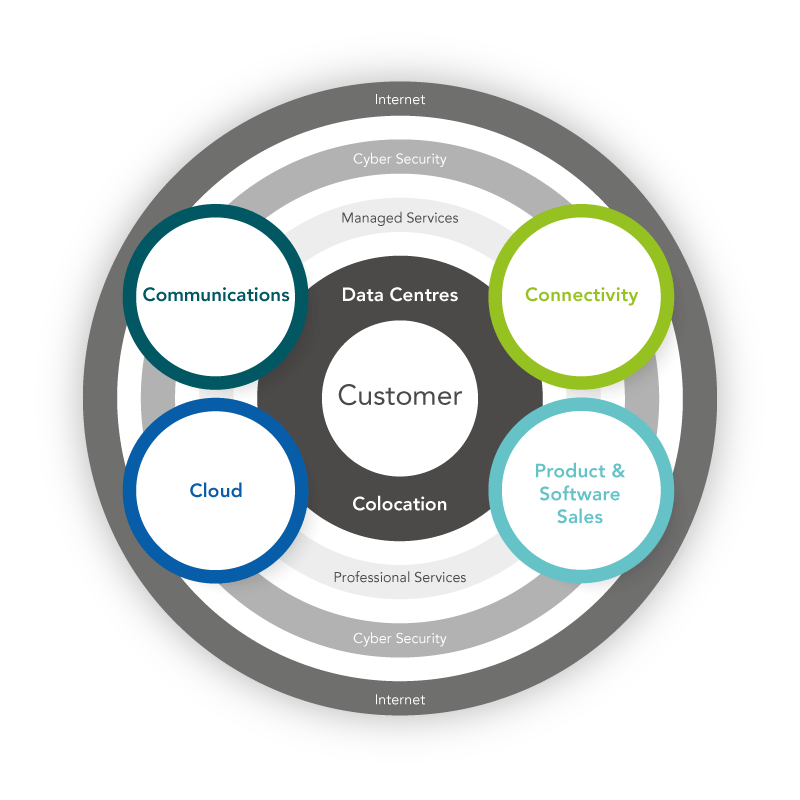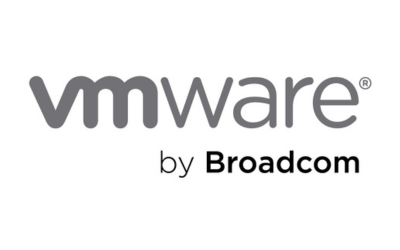There are a lot of options when it comes to choosing cloud services for your business, including some big names like Amazon and Google that tend to be the default. However, it’s worth considering that a managed infrastructure data centre equipped with the expertise, local hosting and bespoke infrastructure solutions can also be an excellent cloud provider.
Why big name cloud providers shouldn’t be the default
While there are initial benefits from a hyperscale cloud provider – and this is why many businesses start off using AWS, Azure or similar – their biggest drawback is that they won’t be able to meet your demands long-term.
If you’re planning on growing your business and your IT significantly over time, then you will eventually outgrow the hyperscale solution. By considering all the alternatives (such as a data centre that offers excellent cloud services alongside colocation and their other services) you may well discover a better solution. And when your needs change, you can easily integrate in, or migrate to another platform, without the complexity of moving providers.
How data centres have evolved
Like everything in the tech industry, data centres are keeping up with ever-changing business needs and incorporating new technologies. Many data centres are a lot more than colocation hosting; offering full service managed infrastructure. This includes cloud, whether that’s public cloud, private cloud, or something more bespoke.
Infrastructure Management – A range of services that can be provided by a data centre operator, using their IT infrastructure which provides excellent power and connectivity redundancy. This includes colocation and any type of cloud, along with supporting services like connectivity and cyber security.
It’s worth noting that big name cloud providers ultimately host your IT in data centres equipped with the very same level of infrastructure and expertise that your independent data centre operator has. So they are definitely an alternative cloud provider to consider, and even have some advantages over the big names:
1. Know exactly where your data is stored and how
It’s difficult, and sometimes impossible, to know exactly where your data is being stored when your cloud is hosted by a global company. This raises two significant security risks:
- You don’t know what is in place to protect your data
- Not knowing the location and journey of your data is technically a breach of data protection regulation, including GDPR
Big name cloud providers aren’t above cyber security breaches, so you can’t take it for granted that your security requirements will be met once your cloud is launched.
However, if you work with a managed infrastructure data centre then you know the specific building where your data is stored, that your data hasn’t left the country at any point and you get to see the exact physical and cyber security that’s in place.
2. An easy migration to hybrid IT
As your business needs change over time and your existing cloud is no longer fit for purpose, there’s a good chance you’ll need to migrate to a new IT solution. If these changes include significant growth, then that increases the chances that you’re better off moving away from a public cloud solution due to escalating costs and security concerns.
This often results in a transition to a hybrid IT system that can cover all workloads and make future changes easier.
Hybrid IT – An IT system where different IT platforms – including colocation, cloud and on-premises – are integrated to build a single IT system. This allows the user to select the best IT platform for each workload and never compromise on security, reliability or flexibility.
How to choose the best cloud provider
Ultimately you need to review all of your options to find the best possible cloud solution, including big-name providers as well as colocation data centres. Choosing your cloud provider will require you to figure out what your main priorities are with your new cloud system, and find the provider who can best deliver on these.
Don’t dismiss independent data centres because they’re not a household name – you might just find that you had overlooked a valuable opportunity.




